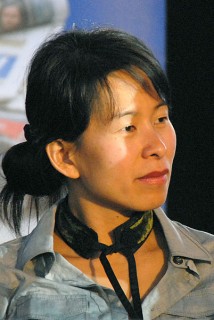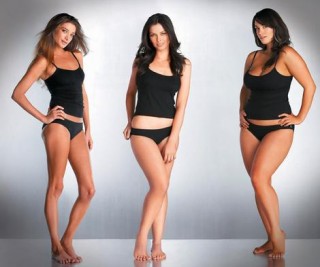Yes means No and No means Yes – do you agree?
Last week I talked to a colleague of mine about her study on intercultural differences concerning gestures and facial expression of people from Germany, Korea, Japan and Papua New Guinea. Of course this study caught at once my interest. (I will talk about it later)
Here one interesting little experience. My colleague was talking to a student from Korea, I think. She asked her a question and the student seemed to hesitate a little in answering “Yes”. My colleague responded to this slight hesitation and told the student, not to say “Yes” if she perhaps has another opinion.
The student seemed to be a little relieved, because ………..
Read More




